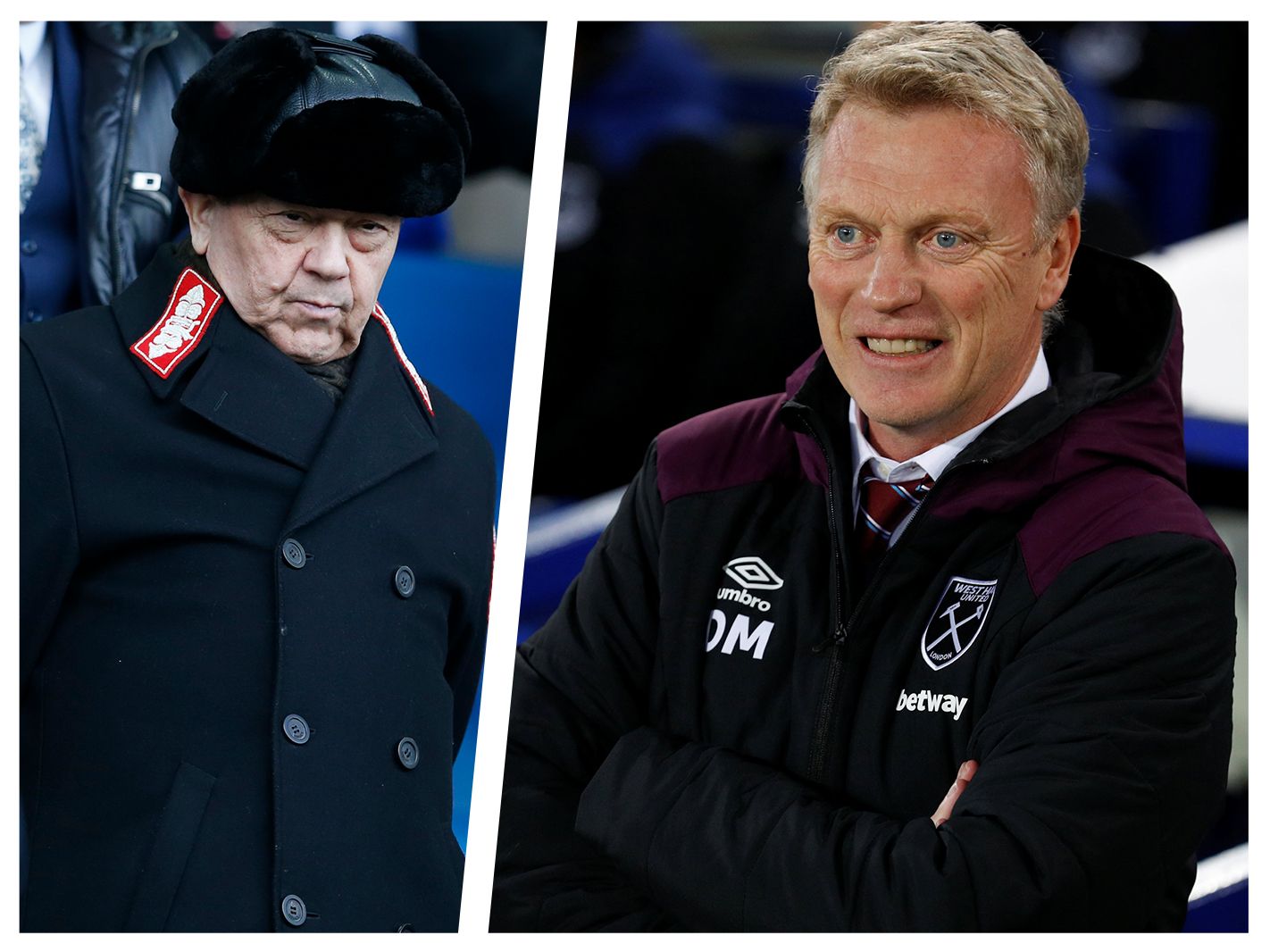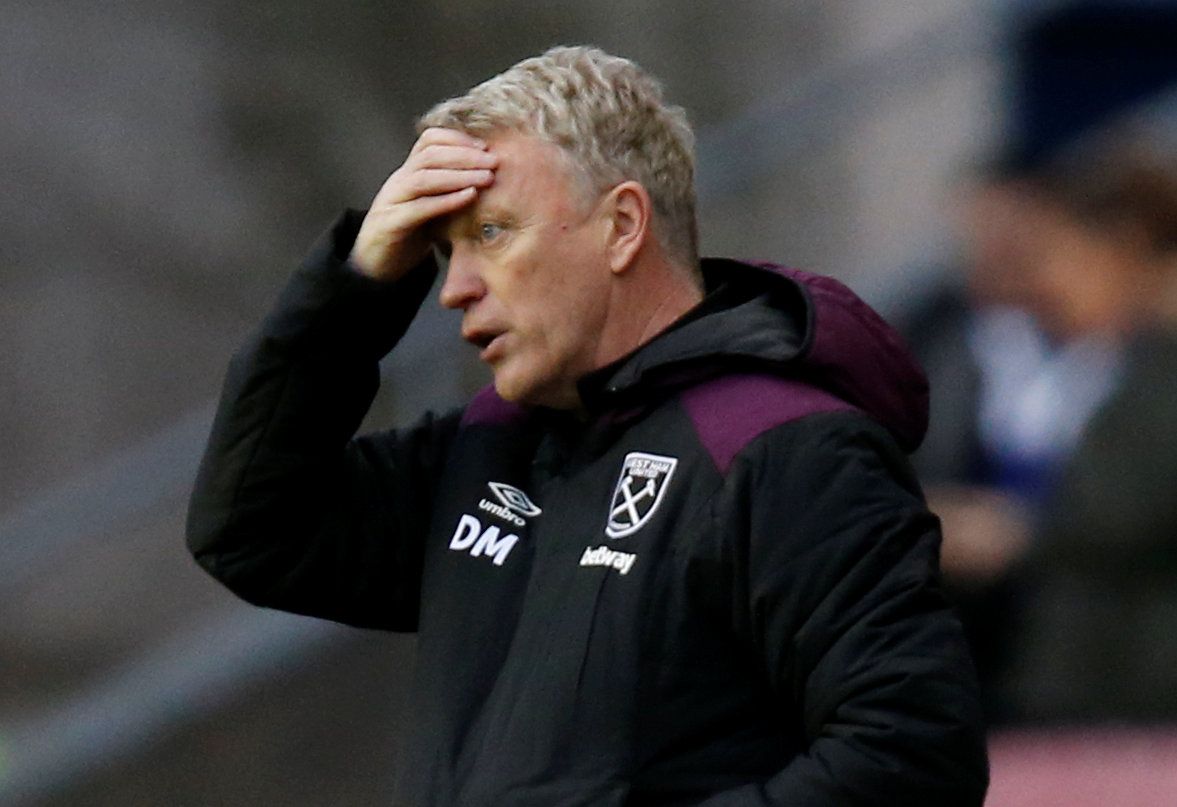When West Ham appointed David Moyes, the chorus of discontent was both palpable and totally expected.
This was a man, after all, who had gone from Manchester United’s chosen one to an abject relegation with Sunderland in just a few seasons. A man whose star fell rapidly, shooting under the horizon around the time his side flung 81 hopeless crosses into the box against a Fulham side whose defenders experienced one of their most comfortable afternoons of a relegation season. And Moyes was also a man whose approach to the game appeared wholly out of date.
You can see how replacing the loveable, if hapless, Bilic with the often terse Scot didn’t seem like progress, as such. With the Hammers in a relegation battle, and Moyes’ previous relegation fresh in the minds, the news wasn’t exactly greeted with optimism.
But a few months on, and while West Ham may not be truly safe from the drop, they are on an upward trend - even if they’ve been taking a few sideways steps on their way up the mountain - and they are actually only six points behind Burnley, who currently sit in seventh place: seventh being like first this year to all of those who can’t compete with the finances and the prestige of the Premier League’s leading six. It’s the best of the rest.
What’s stuck out most about Moyes in his first few months in the job at the London Stadium, however, is just how much he now seems both comfortable and in charge. The Scot projects comfort and command in a way we haven’t seen in half a decade, not since he stood in a Goodison Park dugout in an Everton coat.
More importantly, Moyes is overhauling West Ham. As recent news that David Sullivan was taking a step back from player transfers, and the whole bitter mess surrounding Tony Henry’s departure from the club, the Hammers’ boss is said to be planning for the long term after being given more of a role in player scouting.
It’s quite the turnaround from reports suggesting that Moyes wasn’t actually going to be given any longer than this season. It’s also a huge departure from the manager who arrived and proclaimed that if it didn’t work out, at least he’d get to see east London for six months.
In a way, it’s positive news for West Ham. It’s clear that something had to change: every year, signings were made and no matter what they tried, the owners couldn’t get it right. The scattergun approach failed the summer before last when the likes of Jonathan Calleri and Simone Zaza were jettisoned as quickly as they arrived. Then last summer, the more targeted approach of four big-name signings didn’t really bear fruit either - Pablo Zabaleta and Marko Arnautovic are qualified successes, but Joe Hart and Javier Hernandez are getting less and less game time.
“It took me years to build Everton up. And, in the end, I got a job which I thought would make things a bit easier to win and win cups and trophies. I’m happy to do that again.” - David Moyes
But on the other hand, you wonder what the end goal is for West Ham. If Moyes is successful, that’s clearly reason for him to stay on as manager and give him time to build something. On the other hand, will his style of football, not to mention the structure he builds, be much different to what Sam Allardyce was putting together - albeit with much more limited resources - back when he was public enemy number one? And if that’s the case, are West Ham really so desperate for success after the stagnation of the last two and a half years that they’re really willing to buy whole-heartedly into the Moyes way?
https://video.footballfancast.com/video-2015/rafa-facts-9.mp4
And then there’s the question of the manager’s own intentions here. “It took me years to build Everton up. And, in the end, I got a job which I thought would make things a bit easier to win and win cups and trophies. I’m happy to do that again,” he told the Telegraph.
No one would be able to argue that moving from West Ham to a top six club wouldn’t be a step up at the moment, but shouldn’t the goal for a London club with an iconic stadium and one of the highest wage bills in the Premier League be to actually attempt to break into that top six themselves, rather than simply provide an attractive stepping stone?
Perhaps that argument is too much too soon, but what we’ve heard from the Hammers’ board over the last few years is that this sort of goal is possible. And so that just makes the trust in Moyes all the more interesting.
This should be an exciting time to be West Ham United. With the money coming into the league from bloated overseas media rights deals boosted even further by the threat that Amazon, Netflix and Facebook pose to traditional broadcast channels, traditionally top-half to mid-table clubs like West Ham are now among the richest clubs in world football.
Perhaps the strategy of the owners is so bad that necessity trumps idealism, but do they really want to entrust the keys of the kingdom to David Moyes?


